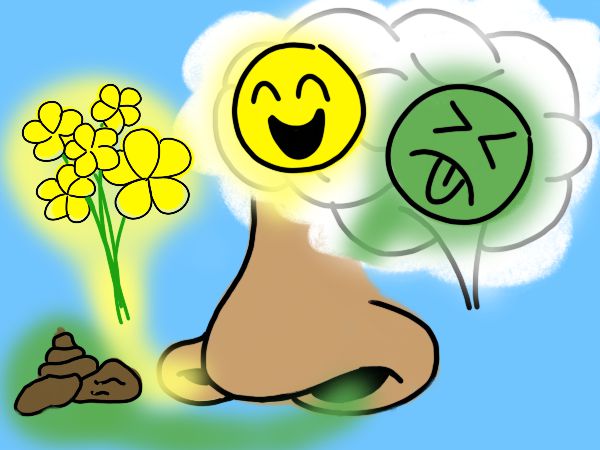In casual conversations, government documents, and formal job interviews, there is a seemingly simple question I can never answer without hesitating: “Where are you from?”
I could say I am from Japan — I was born there, after all. Or could I say I am from Mexico, where I spent the majority of my childhood? Or, should I say I am from the United States, whose culture, individualistic philosophy, and language are deeply ingrained into my life? In my mind, none of these answers are satisfying enough. No matter what answer I choose, a small voice sneers in my head: I am not enough to say I am from Japan, Mexico, or the United States. To be from somewhere carries expectations of understanding, embracing, and reforming “your” culture, “your” home. But what does it take for something to be “mine?” Like dandelion fluff, dragged by the whims of the wind, fractured parts of me are spread across the three countries, in three different times, and further broken apart in many more smaller moments. And these fluffs are all so small, too small to be seen.
I am eternally grateful for my multicultural background, and l am very lucky to have experienced the things I have, to be here, to be privileged enough to benefit from such a “unique” background. But, this fractured heritage sometimes leads to uncomfortable feelings and questions.
One poignant question being: Where do I call home?
There are times when I feel jealous of my friends whenever they say they’re “going home” for school breaks. As students who frequently move may also understand, I have never seen my living space as “home”. Just as “shelter,” another location to stay in before we inevitably move again.
So, does this mean I do not have, and will never have, a home?
Yes – or so I thought. I resigned myself to live with this simmering sense of sadness, until very recently.
In my dorm room, inside my drawer filled with towels, there is one towel —a simple, white bath towel —that I have not used since I brought it with me from my parent’s house last summer. On a normal, ordinary evening, I was deciding which bath towel to use and decided on that towel. I took it out of the drawer ready to take a bath, but stopped after the soft, sweet, artificial smell of laundry detergent wafted into my nose. It was the laundry detergent my parents used back in Japan. I felt my eyes water as that random smell brought my mixed emotions to the surface: sadness, loneliness, and nostalgia. It’s silly, but I still avoid using that towel to this day because I don’t ever want to replace the smell of nostalgia with my Tide detergent that I bought from Target.
A similar thing happened when I was walking through a supermarket. It might have been a Wegmans, but somehow being in the vegetable section, with the smells of raw vegetables and some unidentifiable spices, brought up the broad strokes of a memory from when I lived in California. Despite not remembering a lot of my time in California, as I was only a toddler, that smell took me back to an open market my father always loved to go to. Anytime I come across that “vegetable smell,” I can blurrily picture the green plastic crates with onions stacked in a corner, the blend of savory spices, and people’s voices. I still don’t know the name of that market, where it was, or if it even exists now, but I can remember that it always brought a sense of comfort.
And the smell of bread? Anytime I would smell the delicious, yeasty smell of freshly baked bread, I would be transported to Mexico. Whenever my mother would finish her grocery shopping, we would stop by the bakery section of HEB, a common Mexican supermarket, and she would buy me this cheap sausage bread, the kind where the sausage would fall out of it on the first bite and you’re left eating the buttery, salty bread by itself. A simple smell of bread, and yet it stubbornly brings up that specific instance, that specific place, and that specific feeling: a simple pleasure.
Sadly, even with this internal discovery, nothing has externally changed. Technically speaking, I still do not have the cultural skills nor knowledge to assign myself to anywhere. I will still struggle when answering where I am from, and I will always feel a sense of loss in not having a physical home to “go back to.” Yet, in random moments, when a smell catches me off guard with the memories it brings, I like to believe the things I feel then are things people feel when they are home. My self, my “home,” are still fragmented, but I am lucky enough to feel like I am “at home” in these brief moments. As if the dandelion fluffs that were spread throughout time and space have finally landed on fertile soil and were beginning to sprout. And if these moments can make me smile, even with a dull pang of loss, what better home can I ask for?

